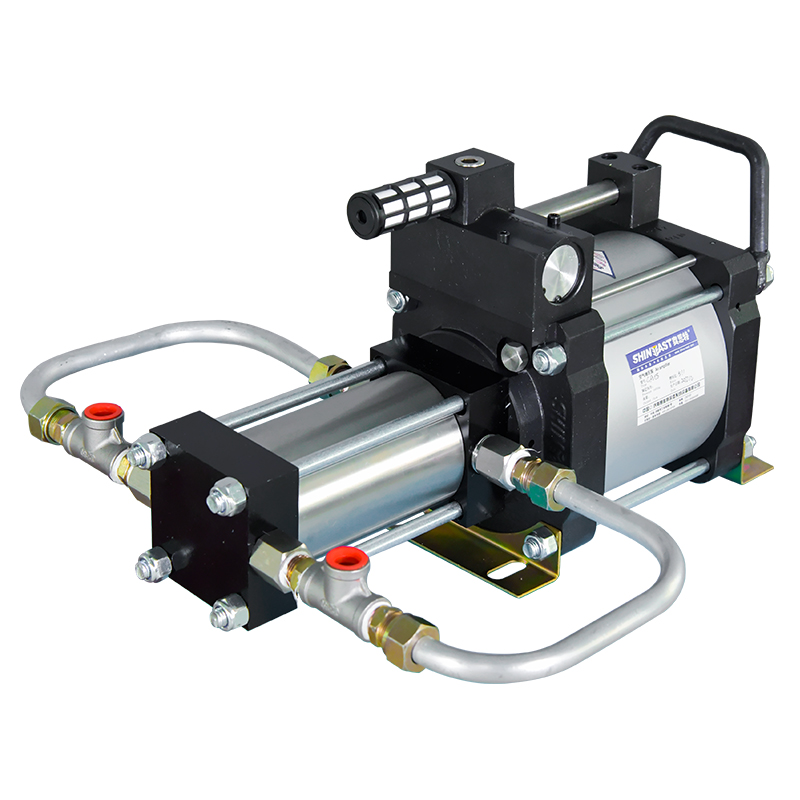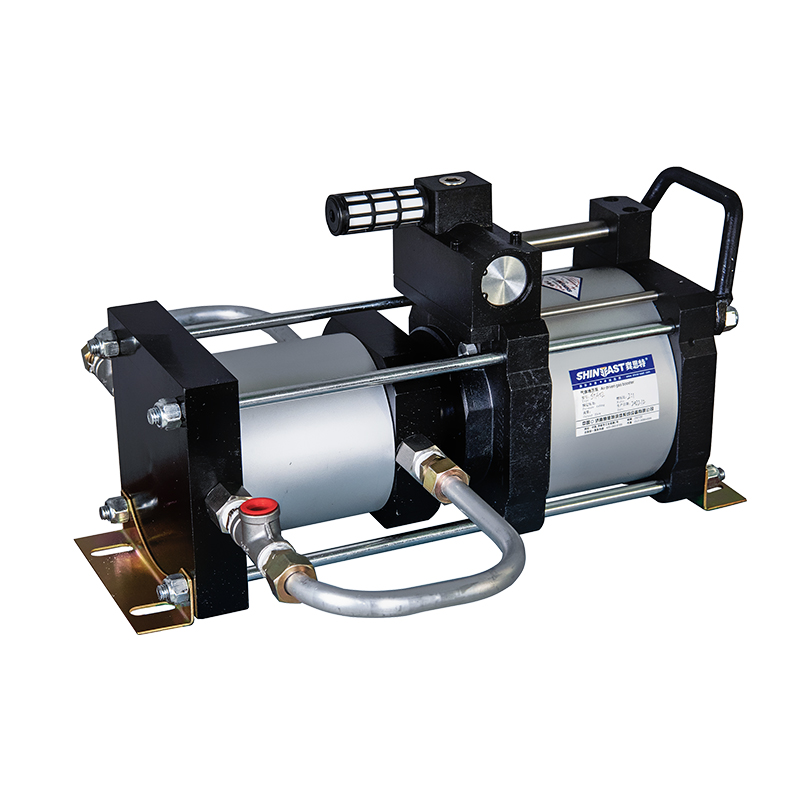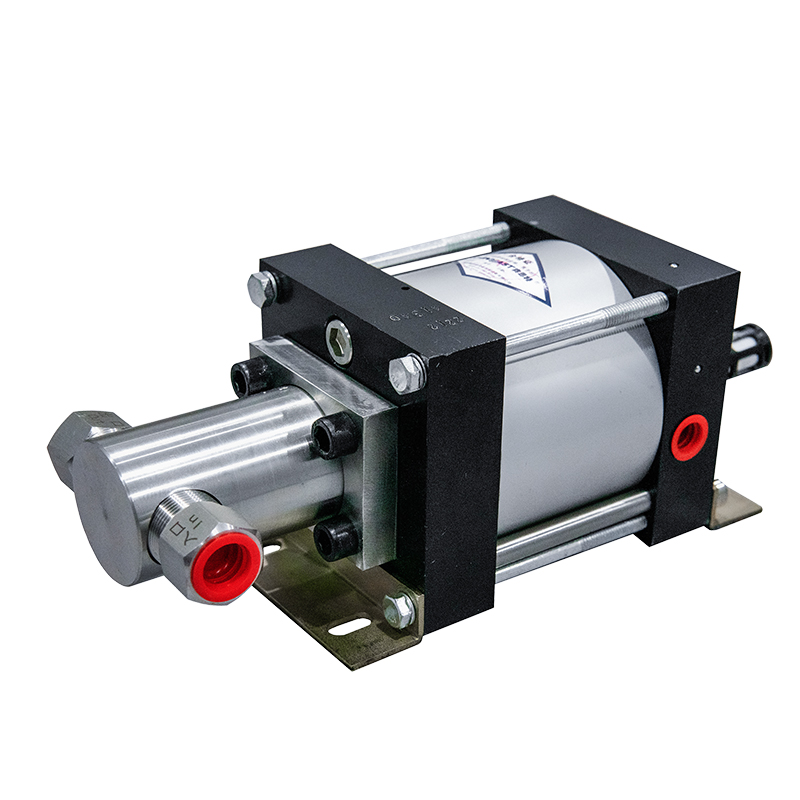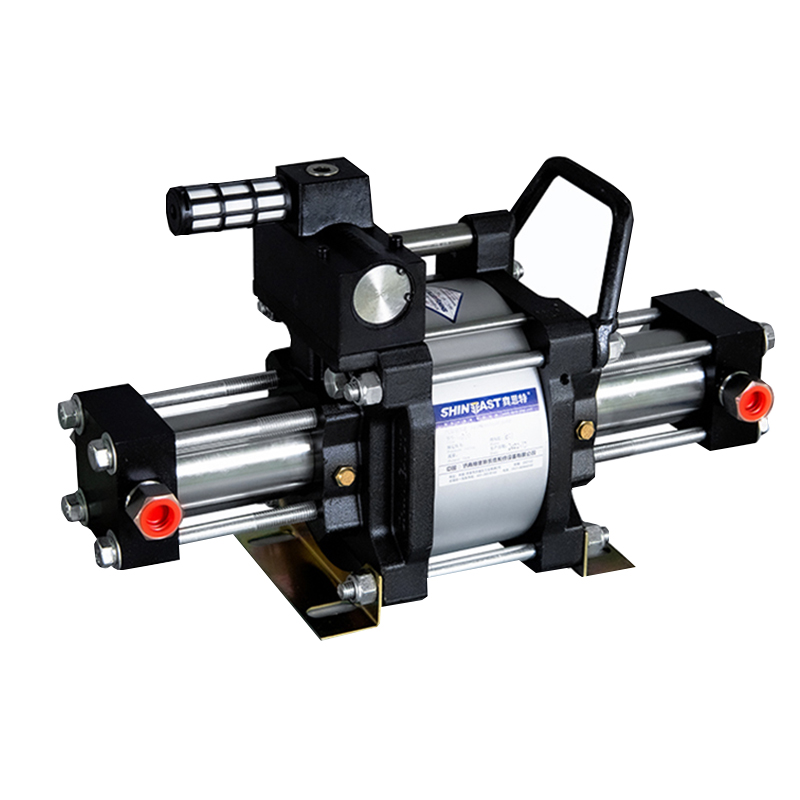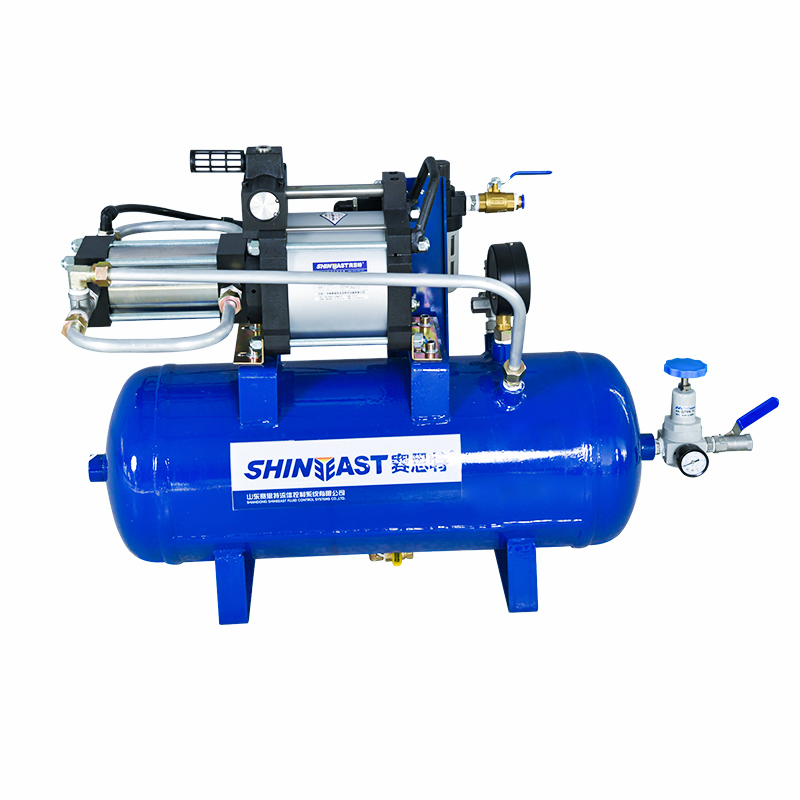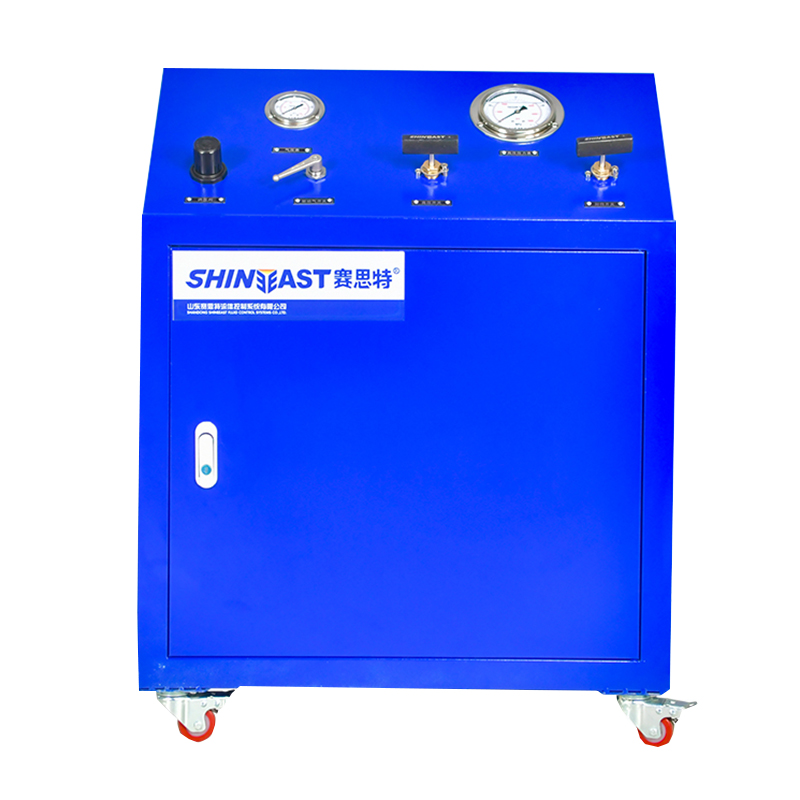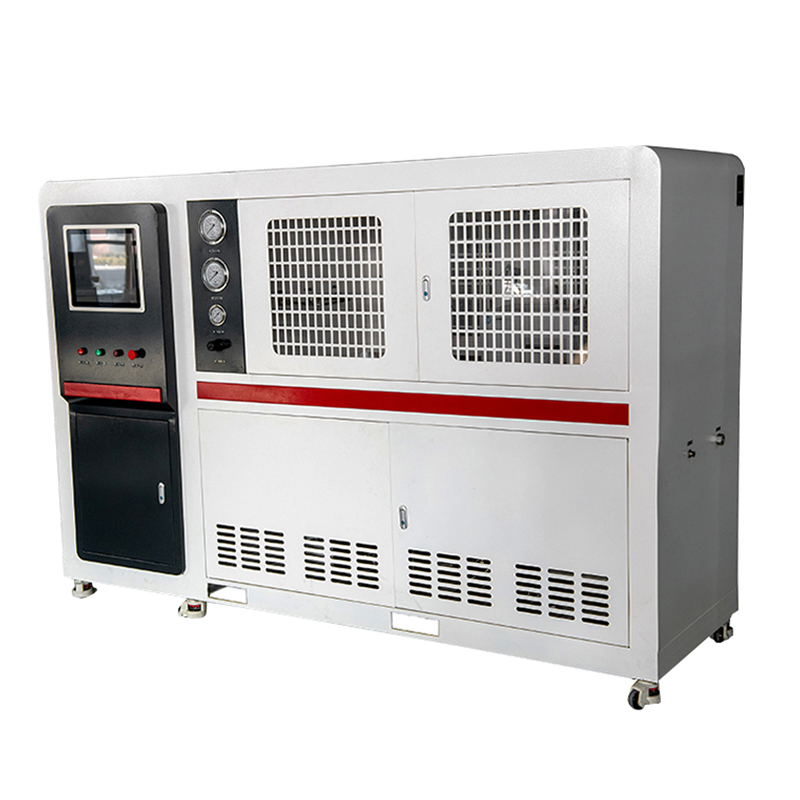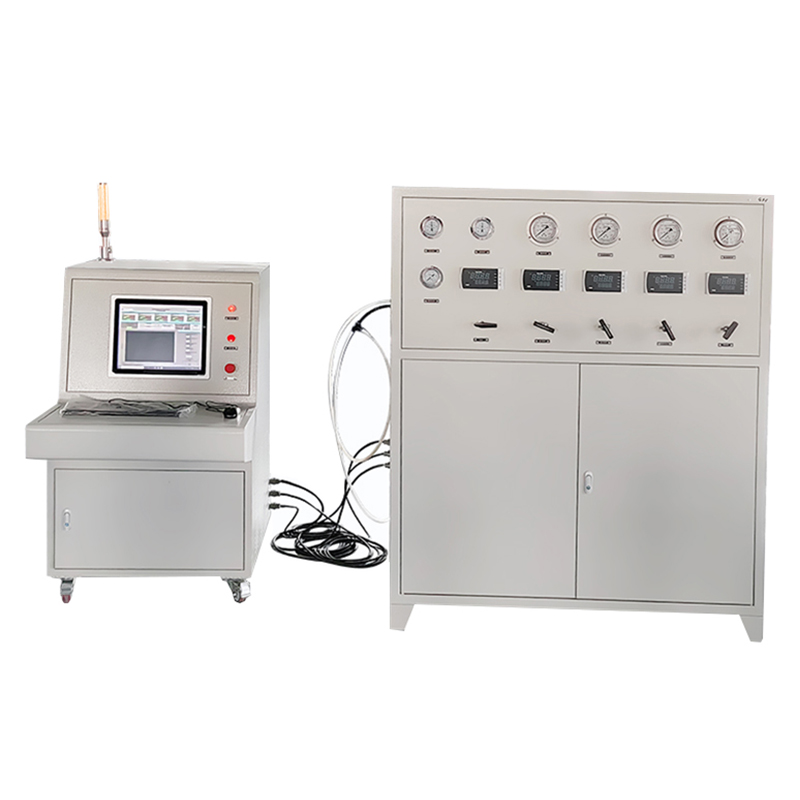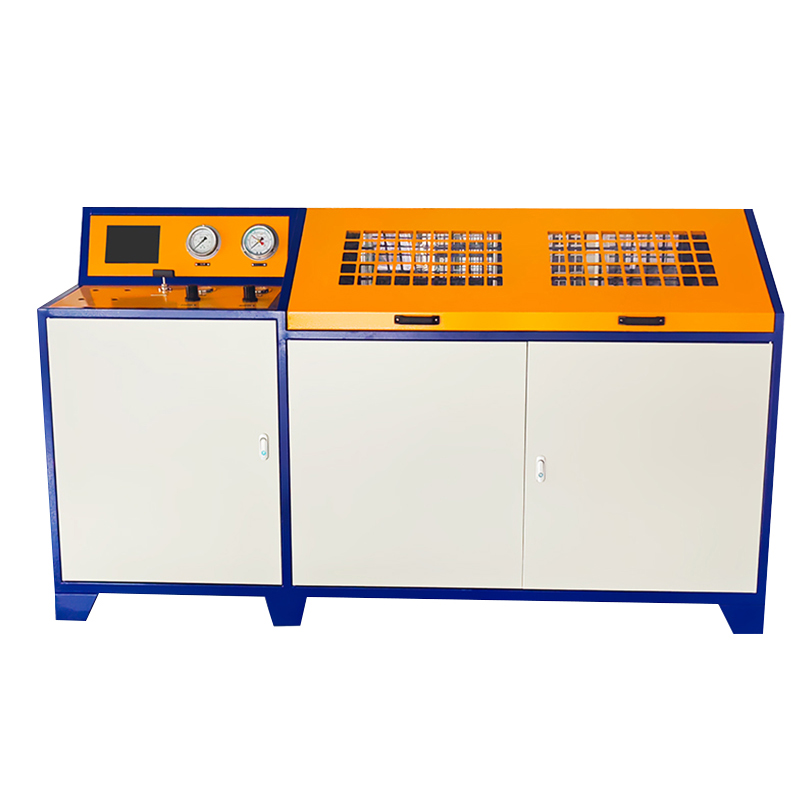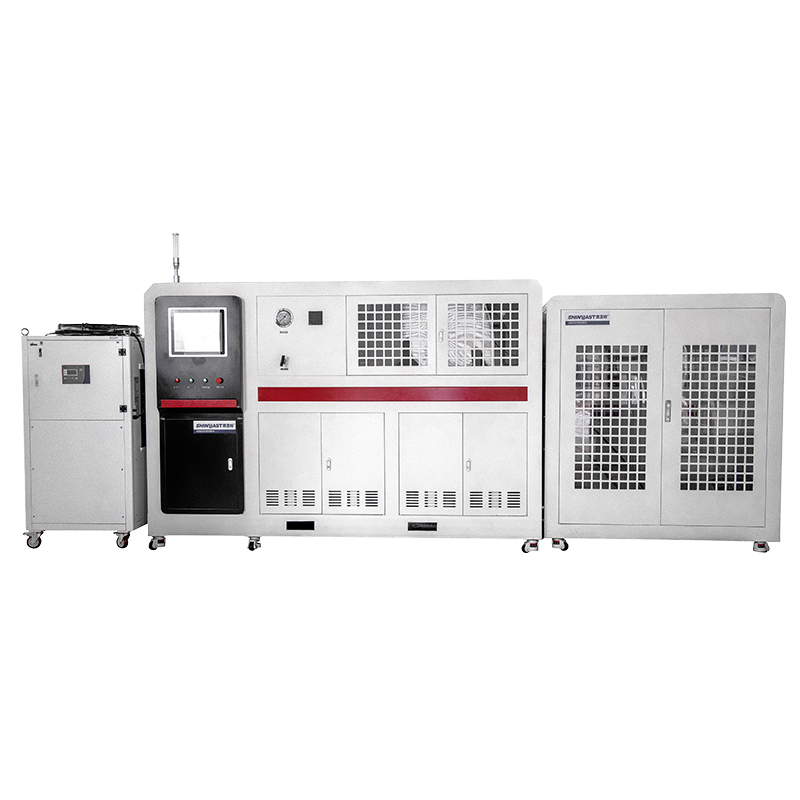What are the characteristics of hydraulic pulse test bench?
The hydraulic pulse test bench is a specialized equipment used to test the performance of hydraulic systems, components, or materials under dynamic loads and pressure changes. This test bench evaluates key indicators such as pressure resistance, fatigue life, and sealing performance by simulating the pulse load of hydraulic components under actual working conditions. The following is a detailed introduction to the hydraulic pulse test bench.
The main function of the hydraulic pulse test bench is to generate periodic pressure fluctuations during pressure pulse testing, simulating the actual operating environment of the hydraulic system under dynamic conditions. Fatigue life testing evaluates the fatigue life of the tested components (such as pipelines, valve bodies, joints, etc.) under high-frequency pressure cycling. Sealing performance testing tests the sealing reliability of hydraulic components under the action of pressure pulses. The pressure test verifies the performance of the tested component under maximum working pressure and even destructive pressure. Dynamic performance analysis tests the response characteristics and stability of hydraulic systems or components under dynamic loads.
The main components of the hydraulic pulse test bench are:
Hydraulic pulse generator generates high-frequency and high amplitude pressure pulses through hydraulic servo valves or pressure control devices.
The fixture for the test piece is used to fix the test piece and ensure its stability and pressure uniformity during the testing process.
Pressure control system, including pressure regulating valve and pulse controller, used for precise control of pressure range and pulse frequency.
Temperature control system, realizing temperature control of test medium (hydraulic oil or other medium), simulating high and low temperatures
1. Accurate pressure pulse control
Electric fluid servo control, pulse pressure can be adjusted freely within the adjustment range, with high precision control. Capable of simulating dynamic pressures ranging from low pressure to high pressure (such as 10 MPa to 60 MPa or even higher). The pulse frequency can reach several Hz to hundreds of Hz, suitable for various fatigue testing needs. It can generate different pressure waveforms such as sine waves, square waves, and triangular waves to meet complex testing requirements.
2. High reliability and durability
The test bench adopts high-strength materials and precision design, suitable for high voltage and high frequency working conditions. Key components such as hydraulic pumps and servo valves have high wear resistance and are suitable for long-term stable operation. Equipped with overvoltage protection and emergency stop function to ensure the safety of equipment and operators.
At the beginning of the experiment, the gas inside the sample is automatically eliminated (for hose testing), and when the number of test pulses is reached, the machine stops automatically. It also has the function of automatically recovering the leaked medium after disassembling the tested workpiece. The pulse test bench uses an accumulator to supplement pressure, improving the reliability, stability, and service life of the pressurization system while ensuring pressure accuracy.
3. Multifunctionality
Can test various hydraulic components such as hoses, pipelines, valves, fittings, hydraulic cylinders, etc. It can simulate high temperature, low temperature, and complex working conditions (such as vibration superposition). Covering multiple aspects such as fatigue life, sealing performance, and destructive pressure resistance.
4. High precision data collection and analysis
Equipped with high-precision sensors, real-time collection of pressure, flow, temperature and other data. Record test data and generate analysis reports through software platforms to support result comparison and lifespan prediction. Provide an intuitive testing interface that displays pulse waveforms and operational status in real-time.
5. Convenient operation and automation
Supports PLC control or PC remote operation, can set multiple pressure curves and automatically execute test programs. Easy to operate, reduces manual intervention, and improves testing efficiency. Automatic alarm or shutdown protection in case of abnormal conditions (such as abnormal pressure or high temperature).
6. Flexible customized design
A test bench with specific pressure range, frequency, and working medium can be designed according to user needs. Support multiple testing fluids, such as hydraulic oil, water-based fluids, or special testing fluids. Easy to expand functionality or replace testing fixtures.
Multi channel and multi station, Dongguan Saisen pulse test bench can conduct multiple tests simultaneously without affecting each other. When the tested workpiece explodes during the pulse test, it does not affect other workpieces to continue testing, achieving unmanned operation. Experimental data and graphics are automatically recorded and saved in the computer.
The main function of the hydraulic pulse test bench is to generate periodic pressure fluctuations during pressure pulse testing, simulating the actual operating environment of the hydraulic system under dynamic conditions. Fatigue life testing evaluates the fatigue life of the tested components (such as pipelines, valve bodies, joints, etc.) under high-frequency pressure cycling. Sealing performance testing tests the sealing reliability of hydraulic components under the action of pressure pulses. The pressure test verifies the performance of the tested component under maximum working pressure and even destructive pressure. Dynamic performance analysis tests the response characteristics and stability of hydraulic systems or components under dynamic loads.
The main components of the hydraulic pulse test bench are:
Hydraulic pulse generator generates high-frequency and high amplitude pressure pulses through hydraulic servo valves or pressure control devices.
The fixture for the test piece is used to fix the test piece and ensure its stability and pressure uniformity during the testing process.
Pressure control system, including pressure regulating valve and pulse controller, used for precise control of pressure range and pulse frequency.
Temperature control system, realizing temperature control of test medium (hydraulic oil or other medium), simulating high and low temperatures
1. Accurate pressure pulse control
Electric fluid servo control, pulse pressure can be adjusted freely within the adjustment range, with high precision control. Capable of simulating dynamic pressures ranging from low pressure to high pressure (such as 10 MPa to 60 MPa or even higher). The pulse frequency can reach several Hz to hundreds of Hz, suitable for various fatigue testing needs. It can generate different pressure waveforms such as sine waves, square waves, and triangular waves to meet complex testing requirements.
2. High reliability and durability
The test bench adopts high-strength materials and precision design, suitable for high voltage and high frequency working conditions. Key components such as hydraulic pumps and servo valves have high wear resistance and are suitable for long-term stable operation. Equipped with overvoltage protection and emergency stop function to ensure the safety of equipment and operators.
At the beginning of the experiment, the gas inside the sample is automatically eliminated (for hose testing), and when the number of test pulses is reached, the machine stops automatically. It also has the function of automatically recovering the leaked medium after disassembling the tested workpiece. The pulse test bench uses an accumulator to supplement pressure, improving the reliability, stability, and service life of the pressurization system while ensuring pressure accuracy.
3. Multifunctionality
Can test various hydraulic components such as hoses, pipelines, valves, fittings, hydraulic cylinders, etc. It can simulate high temperature, low temperature, and complex working conditions (such as vibration superposition). Covering multiple aspects such as fatigue life, sealing performance, and destructive pressure resistance.
4. High precision data collection and analysis
Equipped with high-precision sensors, real-time collection of pressure, flow, temperature and other data. Record test data and generate analysis reports through software platforms to support result comparison and lifespan prediction. Provide an intuitive testing interface that displays pulse waveforms and operational status in real-time.
5. Convenient operation and automation
Supports PLC control or PC remote operation, can set multiple pressure curves and automatically execute test programs. Easy to operate, reduces manual intervention, and improves testing efficiency. Automatic alarm or shutdown protection in case of abnormal conditions (such as abnormal pressure or high temperature).
6. Flexible customized design
A test bench with specific pressure range, frequency, and working medium can be designed according to user needs. Support multiple testing fluids, such as hydraulic oil, water-based fluids, or special testing fluids. Easy to expand functionality or replace testing fixtures.
Multi channel and multi station, Dongguan Saisen pulse test bench can conduct multiple tests simultaneously without affecting each other. When the tested workpiece explodes during the pulse test, it does not affect other workpieces to continue testing, achieving unmanned operation. Experimental data and graphics are automatically recorded and saved in the computer.
CONTACT US
Please use the form below to get in touch.
If you need a reply we will get in touch as soon as possible.

